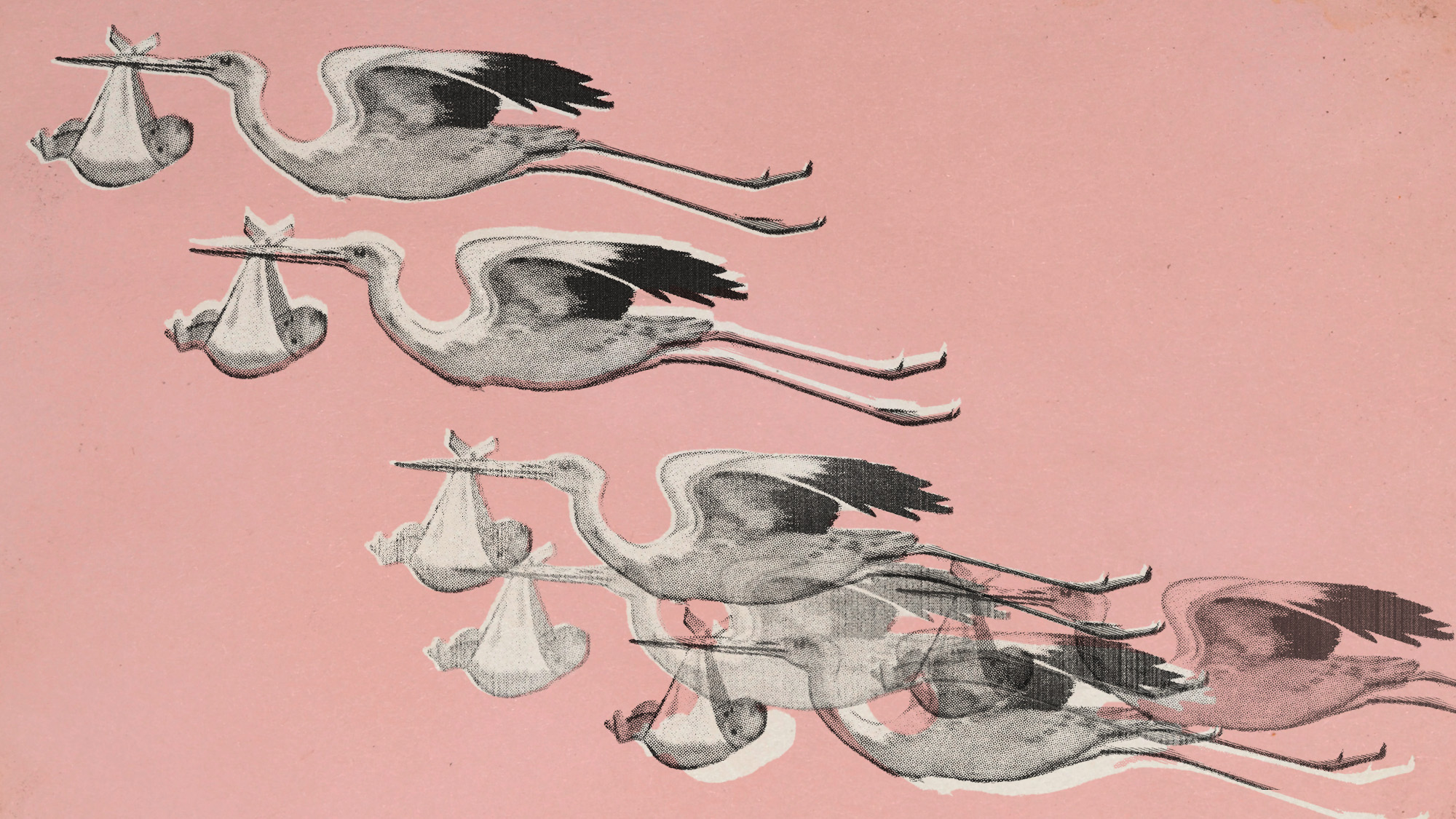Why Vietnam is dropping its two-child policy
Relaxation of family limit to boost birth rates – but 'baby boom' not certain

A free daily email with the biggest news stories of the day – and the best features from TheWeek.com
You are now subscribed
Your newsletter sign-up was successful
Vietnam has scrapped its 37-year-old policy of limiting families to two children, as the country faces up to its ageing population and economic worries.
The southeast Asian nation was "one of the last holdouts among countries with population-control policies", said the The Washington Post, but now it's joining the global trend for population policies aimed at boosting births.
Shrinking population forecasts
In 1988, after years of war had left the nation with "limited resources", Vietnam introduced rules blocking families from having more than two children, said The Associated Press. Until then, the average number of births per woman in Vietnam was just under four.
The Week
Escape your echo chamber. Get the facts behind the news, plus analysis from multiple perspectives.

Sign up for The Week's Free Newsletters
From our morning news briefing to a weekly Good News Newsletter, get the best of The Week delivered directly to your inbox.
From our morning news briefing to a weekly Good News Newsletter, get the best of The Week delivered directly to your inbox.
The new rules, though loosely enforced, slowed birth rates and "encouraged late marriage", said The Washington Post. Women started "delaying childbearing", and spaced "first and second births by three to five years".
The effect on the country's population has only gradually emerged. Despite falling birth rates, working-age people in Vietnam still outnumber those who depend on them – but this is only expected to last until 2039. By 2054, the population is forecast to start shrinking and, with fewer workers, that "could make it harder to grow the economy", said AP, while the cost of meeting the needs of the elderly will only increase.
Birth rates now are lowest in big cities like Ho Chi Minh City, where the average is 1.39 children per woman. Last December, the city authorities began offering an £85 bonus to mothers who have two children before the age of 35.
The two-child limit has also had another, unforeseen, effect: an unbalanced gender ratio, as families use (prohibited) phoetal sex selection to fulfill a preference for sons. With 111.8 male births for every 100 female births, the government is now considering tripling the fine on parents who violate the prohibition on sex selection to £2,800.
A free daily email with the biggest news stories of the day – and the best features from TheWeek.com
Two is still 'better'
But "rising living costs" and "changing societal values" mean that the lifting of limits may not "bring the baby boom the government hopes for", said Agence France Presse.
Nguyen Thi Nguyet Nga, a 31-year-old pharmacy worker, told the wire service she had no plans to have more children, because she barely has the money to offer her two daughters a good education. "My parents-in-law really want us to have a boy," she said, but it's "better to have two grow up well" than have three or four who "don't have a good education or good life".
University student Nguyen Thi Kim Chi, 18, has no plans for a big family, either. She believes that, in an increasingly developed Vietnam, young people have more options open to them than simply raising children. So she'll "get married and have children once I have a stable career and financial security", she told AFP. She'll only "have one or two kids" because she wants to "balance work, childcare" and "also have time to take care of myself".
Chas Newkey-Burden has been part of The Week Digital team for more than a decade and a journalist for 25 years, starting out on the irreverent football weekly 90 Minutes, before moving to lifestyle magazines Loaded and Attitude. He was a columnist for The Big Issue and landed a world exclusive with David Beckham that became the weekly magazine’s bestselling issue. He now writes regularly for The Guardian, The Telegraph, The Independent, Metro, FourFourTwo and the i new site. He is also the author of a number of non-fiction books.